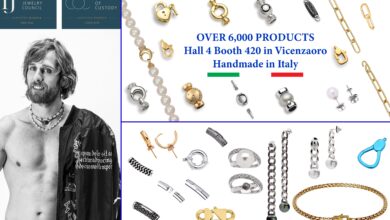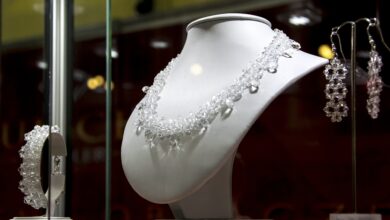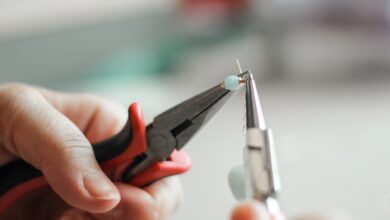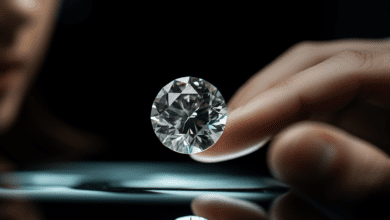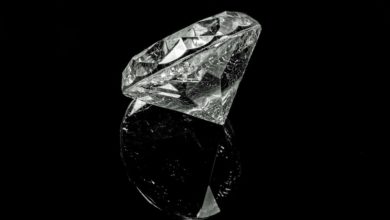When will the jewellery industry catch up?
Shopping ethically has become increasingly popular over the last decade, with many consumers opting for high quality products with sustainable credentials in spite of financial pressures. Despite this high demand, the jewellery industry has remained a little stagnant in this respect, says Alan Frampton

With the majority of the industry using materials from unknown supply chains that are produced in appalling standards, European legislation is around the corner that will have a similar affect to Dodd Franks in the USA. Large organisations will have to demonstrate where they sourced their materials with an audit system that will have repercussions for non-compliance.


